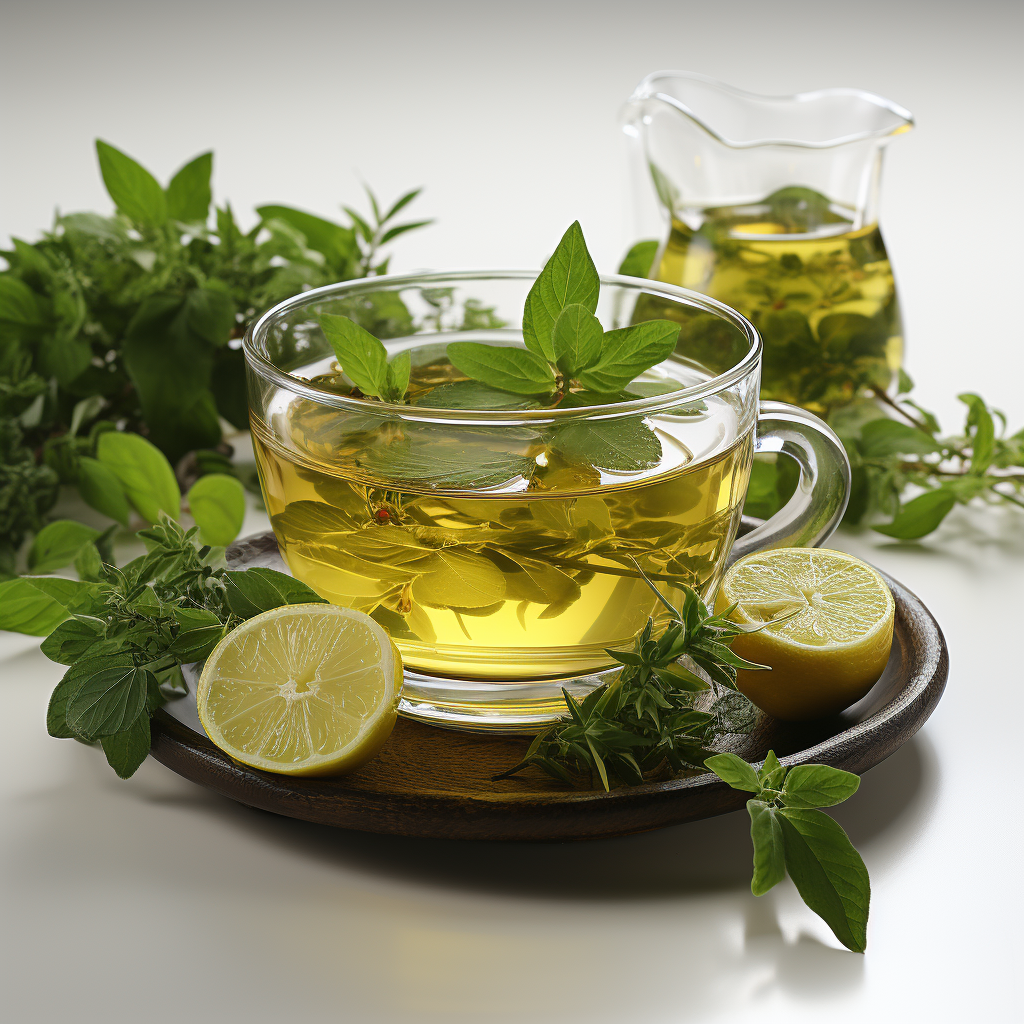Green tea, renowned for its health-promoting properties, has been consumed for centuries, primarily in Asian cultures. Its benefits span from weight management to disease prevention. In this article, we explore the various ways in which green tea contributes to overall well-being.
Introduction to Green Tea
What is Green Tea?
Green tea, derived from the Camellia sinensis plant, undergoes minimal processing, preserving its natural compounds. Unlike black tea, green tea leaves are not oxidized, retaining their vibrant green color and potent health benefits.
Brief history and cultural significance
Green tea has deep cultural roots, particularly in countries like China and Japan, where it’s been consumed for thousands of years. It’s revered for its role in traditional ceremonies and esteemed for its medicinal properties.
Nutritional Profile of Green Tea
Green tea is rich in antioxidants, particularly catechins like epigallocatechin gallate (EGCG), which combat oxidative stress and inflammation in the body. Additionally, it contains vitamins, minerals, and amino acids, contributing to its nutritional value.
Health Benefits of Green Tea
Weight Loss and Metabolism Boost
Studies suggest that the catechins in green tea can enhance fat oxidation and boost metabolic rate, aiding in weight loss and management.
Improved Brain Function
The caffeine and L-theanine combination in green tea can improve brain function, enhancing mood, alertness, and cognitive performance.
Lower Risk of Heart Disease
Regular consumption of green tea is associated with a reduced risk of heart disease, thanks to its ability to lower cholesterol levels, improve blood vessel function, and regulate blood pressure.
Cancer Prevention and Treatment
The potent antioxidants in green tea may help prevent various types of cancer by neutralizing free radicals and inhibiting tumor growth.
Enhanced Oral Health
Green tea’s antimicrobial properties can promote oral health by inhibiting the growth of bacteria, and reducing the risk of cavities, gum disease, and bad breath.
Anti-inflammatory Properties
The polyphenols in green tea possess anti-inflammatory properties, which may alleviate symptoms of inflammatory conditions like arthritis and inflammatory bowel disease.
Stress Reduction
The calming effect of green tea can help reduce stress and anxiety levels, promoting relaxation and mental well-being.
Skin Health Benefits
Green tea’s antioxidant and anti-inflammatory properties extend to skin health, helping to combat acne, reduce inflammation, and delay skin aging.

How to Incorporate Green Tea into Your Diet
Different forms of green tea
Green tea is available in various forms, including loose leaves, tea bags, matcha powder, and ready-to-drink beverages, offering versatility in consumption.
Brewing methods
To maximize its benefits, steep green tea in hot water (not boiling) for 2-3 minutes to preserve its delicate flavors and nutrients.
Serving suggestions
Enjoy green tea hot or cold, with or without added flavors like lemon or honey, to suit your taste preferences.
Safety and Precautions
Caffeine content
While green tea contains less caffeine than coffee, sensitive individuals should moderate their intake, especially in the evening, to avoid disturbances in sleep patterns.
Potential side effects and interactions
Excessive consumption of green tea may lead to digestive issues, caffeine-related symptoms, or interactions with certain medications, so it’s essential to consume it in moderation and consult with a healthcare professional if you have any concerns.
Conclusion
Incorporating green tea into your daily routine can offer a myriad of health benefits, ranging from weight management and heart health to cognitive function and skin vitality. With its rich history and proven efficacy, green tea stands as a testament to the power of natural remedies in promoting overall wellness.
FAQs
Is green tea suitable for everyone?
Green tea is generally safe for most people when consumed in moderation. However, individuals with certain medical conditions or those sensitive to caffeine should exercise caution and consult with a healthcare provider.
Can green tea help with weight loss?
Yes, studies suggest that the catechins and caffeine in green tea can aid in weight loss by boosting metabolism and promoting fat oxidation. However, it’s not a miracle solution and should be combined with a healthy diet and regular exercise for optimal results.
How much green tea should I drink per day?
While there’s no one-size-fits-all answer, most experts recommend consuming 2-3 cups of green tea per day to reap its health benefits without overdoing caffeine intake.
Are there any contraindications for green tea consumption?
Green tea may interact with certain medications, such as blood thinners or antidepressants, so it’s crucial to consult with a healthcare professional if you’re taking any medications or have underlying health conditions.
Does green tea contain calories?
Plain green tea contains negligible calories, making it a calorie-free beverage choice. However, sweetened or flavored varieties may contain added sugars and calories, so it’s essential to check the label for nutritional information.



